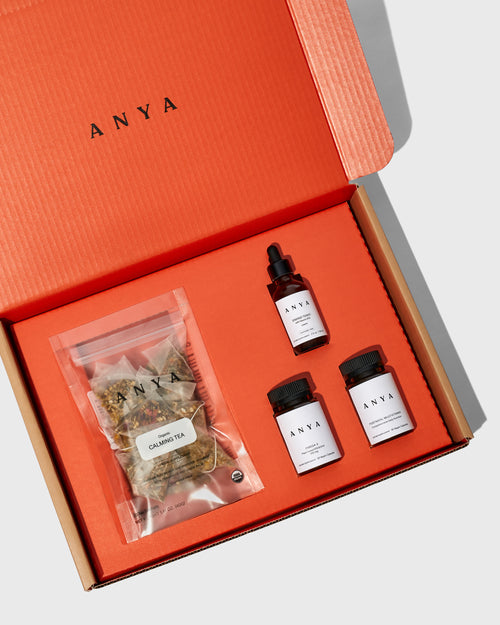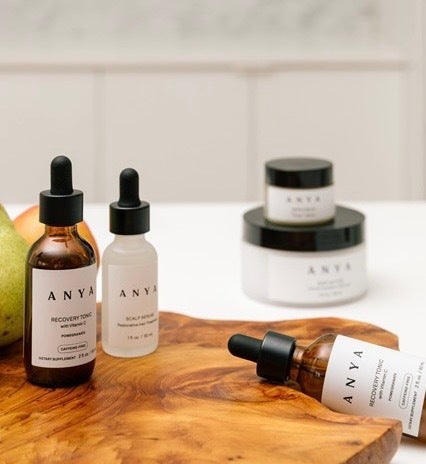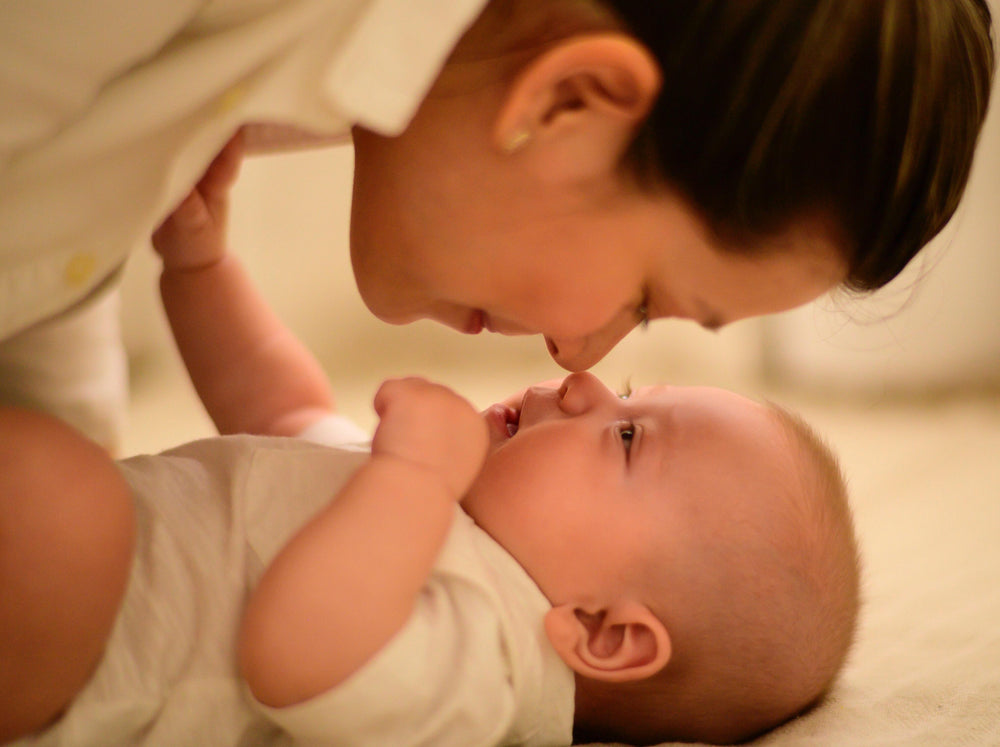Despite what society, friends, or other mothers might tell you, there is no deadline for weaning. It can happen at three months, it can happen at eighteen months, it can happen whenever you and your baby are ready. The process is between you and your baby. But one thing to be aware of: weaning takes time, and experts believe that when possible, weaning should be a gradual process.
Go slow to protect your breasts.
An abrupt stop in breastfeeding can be difficult for your baby—and your body. “If you have established regular breastfeeding and stop cold turkey, you will feel it in your breasts,” says Sarah Cascante, a reproductive and endocrinology fellow at NYU Langone Health in New York City. According to Cascante, stopping too quickly can lead to engorgement, clogged ducts, even mastitis. “You need to give your body time to react to the drop in demand.”
Get some bottles in your routine.
“Many mothers do combined feeding for an extended period or let the baby dictate the timeline,” says Sarah Moore, a certified lactation counselor and educator in New York City. As long as your breast supply is well established, you can make weaning a very gradual process. Lactation consultants suggest eliminating one nursing session per day—but don’t drop the morning or bedtime feeding sessions. Those tend to be the ones babies are most attached to. Drop a midday feeding (when you may be producing the least amount of milk) and replace it with a bottle of formula or your own stockpile of breast milk.
Weaning yourself off the pump, too.
Rather than dropping a pumping session altogether, pump for a shorter amount of time each session so your body has the ability to react to the drop in demand. The less you take out, the less you produce. The length of time a body needs to adjust is different for everyone, but once your body has adjusted (you’ll know because your breasts won’t fill up at the regular time), work towards eliminating one session per week, then two, and so on.
Expect hormonal changes (again).
After birth, when your baby started sucking on your breast, it triggered a flurry of messages to your brain that resulted in an increase in prolactin (the hormone that makes milk) and oxytocin (the hormone that helps you release milk). “That increase in prolactin led to a decrease in estrogen,” explains Cascante, “which is why women who nurse usually don’t menstruate.” As your prolactin subsides, your ovaries will kick back into gear.
Remember birth control.
“Women need to know that they can get pregnant even when they are breastfeeding,” says Cascante. If you aren’t thinking about contraception, now is a good time to start. “The timing of when you will begin to menstruate again varies from woman to woman,” says Cascante. It may be a month after you stop breastfeeding; it could be up to a year. And though it’s not likely to get pregnant without getting your period again, it is possible.
Check in on your emotions.
“The drop in oxytocin, the feel-good hormone, can make women stressed, anxious, and sad,” says Cascante. “On top of it, mothers can feel that weaning is the end of this special time with their baby. I like to remind mothers that what they have done for their baby is an amazing thing and that they should feel proud.” If you feel down, let yourself. It’s natural, and it’s okay.
Recognize if sadness has become post-weaning depression.
“Depression can present in different ways for different people,” says Cascante. “One thing I ask during a screening is: Are there things that used to make you feel happy that no longer do? Do you have little interest in things that used to make you excited?” There is no universal sign that the shift in hormones has triggered a depression, so if you feel like you might be at risk for depression, talk to your doctor.






